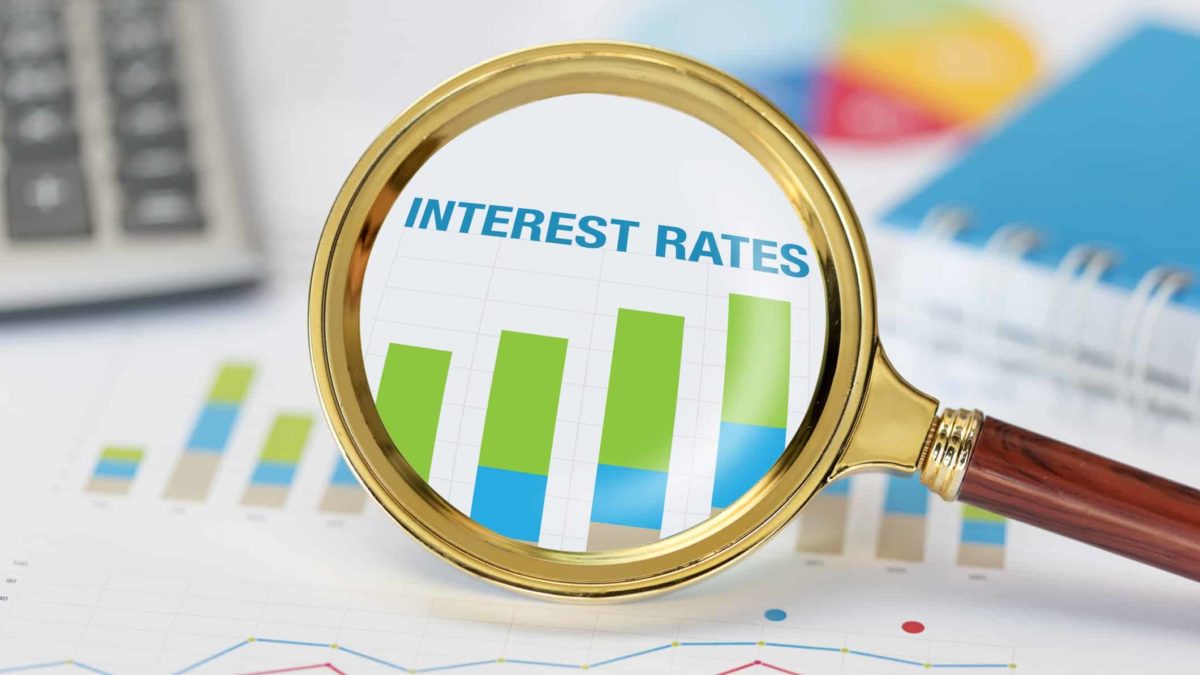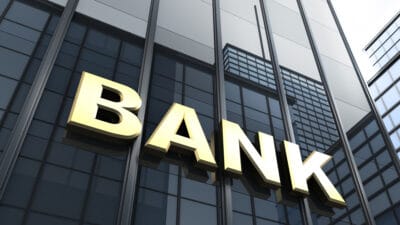On Tuesday, the Reserve Bank of Australia (RBA) is holding its final cash rate meeting of the year.
With inflation beginning to show signs of easing, the market appears to believe that oversized rate hikes are now a thing of the past. In fact, some even believe that periodic monthly hikes may also be nearing an end.
But what are economists saying about next week's meeting?
Westpac is tipping another increase
The economics team at Westpac Banking Corp (ASX: WBC) believe the central bank will raise rates by 0.25% next week. This will take the cash rate from 2.85% to 3.1%.
According to its latest weekly economics report, Westpac's chief economist, Bill Evans, believes this would be "consistent" action, which is something the RBA is aiming for. He commented:
The Minutes of the November meeting revealed a new guideline for monetary policy, "acting consistently would support confidence in the monetary policy framework."
Having unexpectedly pivoted from increments of 50 basis points to 25 basis points in October moving back to 50 would not have been a "consistent" action. The motive of "consistency" does seem to be at cross purposes with the core policy of "[t]he size and timing of future interest rate increases will continue to be determined by the incoming data."
A third 25 basis point lift in December would certainly be "consistent".
However, Evans does highlight that the market isn't as confident as it was about this rate hike. He added:
Markets are pricing around a 75% probability of that 25 basis point move. That is down from over 90% a week ago.
Up until the precedent of the October move even a 75% probability in pricing from the market would be seen as consistent with an almost certain such move in December. But markets had a 90% probability of a 50 basis point move in October and the Board settled on 25. That puts markets on edge that the Board can spring "surprises" and may explain why pricing is so tentative for December.
Market is too dovish
Evans also believes the market is being too dovish on its interest rates estimates and is concerned that things could get very bad if the RBA only delivers on market expectations. He explained:
The RBA's biggest risk with behaving in line with current market pricing for the first half of 2023 is that these forces, along with businesses' recent successful experience in raising prices (75% of CPI components growing faster than 3% annualised in the September quarter) and evidence of a broadening of wage pressures is that an early pause risks this inflation psychology becoming embedded in the Australian economy.
That would see an unsatisfactory pace of inflation in 2023 and 2024 which would preclude the RBA from providing some rate relief to a weak economy in 2024. The policy of least regret, which appears to be a clear strategy in other jurisdictions, whereby the choice of short–term weakness over long term embedded inflation should also be embraced by the RBA. That would certainly not include pausing in December or February.









